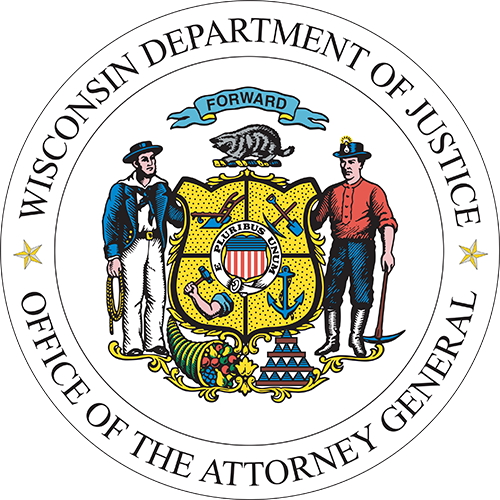AG Kaul Announces Proposed Resolution with Purdue Pharma and the Sackler Family for Their Role in the Opioid Crisis
MADISON, Wis. – Attorney General Josh Kaul today announced a proposed resolution of the state’s bankruptcy claims against the Sackler family and their company, Purdue Pharma, that will make public tens of millions of documents related to their role in the opioid crisis, and require a payment of more than $4.3 billion for prevention, treatment and recovery efforts in communities across the country. It will also require Purdue Pharma to be wound down or sold by 2024 and ensure that the Sacklers are banned from the opioid business and required to turn over control of family foundations to an independent trustee to be used to address the opioid epidemic. Attorney General Kaul issued the following statement:
“It’s critical that we hold those responsible for the opioid epidemic accountable. No lawsuit can undo the destruction the opioid epidemic has caused. But by recovering funds from those whose unlawful conduct led to the opioid crisis, we can support prevention, treatment, and recovery programs and deter the kind of conduct that led to the epidemic.
“Confirmation of the bankruptcy plan will lead to billions of dollars going toward the fight against the opioid epidemic nationwide, including tens of millions of dollars to help with that fight in Wisconsin. In addition, the Sacklers will be out of the opioids business for good, and a massive trove of documents exposing the role Purdue and the Sacklers played in fueling the opioid epidemic.
“This process has revealed a clear need for reform of our bankruptcy system. It’s shameful that the Sackler family is using that process to limit their liability and that billions more can’t be recovered from them.
“Nevertheless, the bankruptcy plan currently proposed maximizes the amount that Wisconsin will be able to recover from Purdue and the Sacklers. And the conclusion of the bankruptcy process will allow the funds from Purdue and the Sacklers to start being distributed so they can begin being put to use in fighting the opioid epidemic in Wisconsin and around the country.”
The proposed resolution of the lawsuit by Attorney General Kaul and several other sta, which is subject to approval by the court, requires unprecedented and complete disclosure about the role Purdue and the Sacklers played in the opioid crisis. It requires Purdue and the Sacklers to make public more than 30 million documents, including attorney-client privileged communications about the original FDA approval of OxyContin and tactics to promote opioids.
Disclosure
Under the terms of the proposed resolution, Purdue will turn over for public disclosure the evidence from lawsuits and investigations of Purdue over the past 20 years, including deposition transcripts, deposition videos, and 13 million documents. Purdue will also be required to turn over more than 20 million additional documents, including every non-privileged email at Purdue that was sent or received by every member of the Sackler family who sat on the Board or worked at the company. Lastly, Purdue will waive its attorney-client privilege to reveal hundreds of thousands of confidential communications with its lawyers about tactics for pushing opioids, FDA approval of OxyContin, “pill mill” doctors and pharmacies diverting drugs, and about the billions of dollars Purdue paid out to the Sacklers.
Payment and abatement
The Sacklers will pay $4.325 billion over the next nine years to fund opioid abatement efforts. Wisconsin’s share will be approximately 1.76% of all the funds available to the states for distribution from the bankruptcy proceeding, estimated to exceed $65 million. Thousands of individual victims of Purdue’s misconduct will also receive compensation as part of the bankruptcy process.
The proposed resolution also requires the Sacklers to relinquish control of family foundations holding $175 million in assets to the trustees of a foundation dedicated to abating the opioid crisis. Further, the Sackler family will be prohibited from requesting or permitting any new naming rights in connection with charitable or similar donations or organizations for the next nine years.
This case was handled by the Wisconsin Department of Justice Division of Legal Services’ Public Protection Unit.
The requirements of 2017 Wisconsin Act 369 do not apply because this proposed resolution is part of a bankruptcy proceeding and is not a “compromise or discontinuance of a civil action.”
NOTE: This press release was submitted to Urban Milwaukee and was not written by an Urban Milwaukee writer. While it is believed to be reliable, Urban Milwaukee does not guarantee its accuracy or completeness.
Recent Press Releases by Wisconsin Department of Justice
AG Kaul and Coalition Announce Trump Administrations Decision to Drop Appeal of Court Order Blocking Illegal Conditioning of Transportation Grant Funding
Jan 14th, 2026 by Wisconsin Department of JusticePending court approval, case will be fully and permanently resolved in Wisconsin’s favor






















